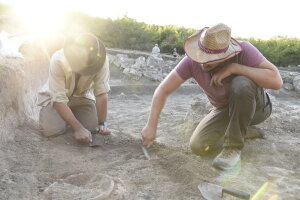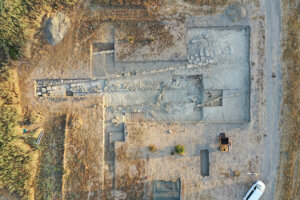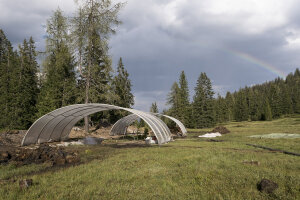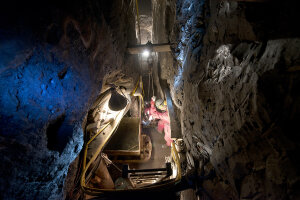The Institute of Archaeological Studies was founded from the subjects of Classical Archaeology and Pre and Protohistory. This unique combination of the two sister disciplines forms the centrepiece of the Institute. The close networking with its cooperation partners, such as the Deutsches Bergbau-Museum Bochum, also enables the Institute to offer archaeometry as a focus of teaching.
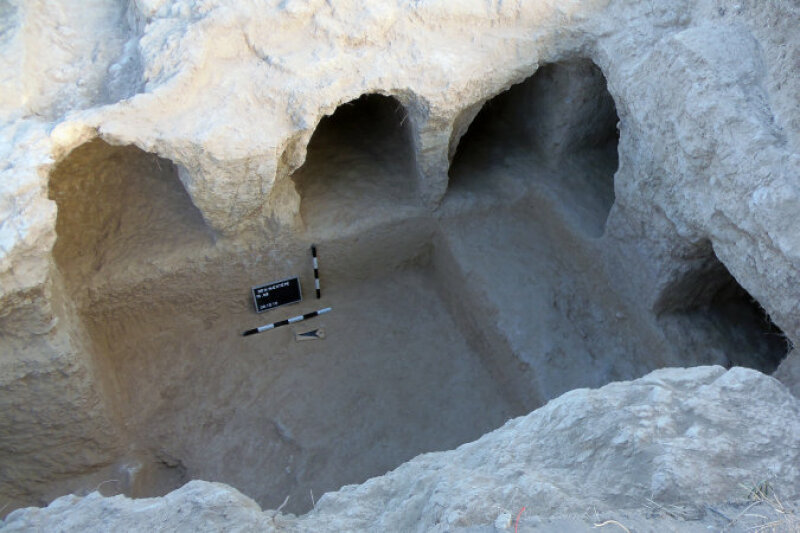
Classical Archaeology
In addition to its traditional core areas - the material remains of cultures in the Mediterranean from around 1500 BC to 500 AD - Classical Archaeology in Bochum focuses on the Greco-Roman West Asia, the Phoenicians and the Etruscans. The Institute runs field research projects involving students, including in the Mediterranean.
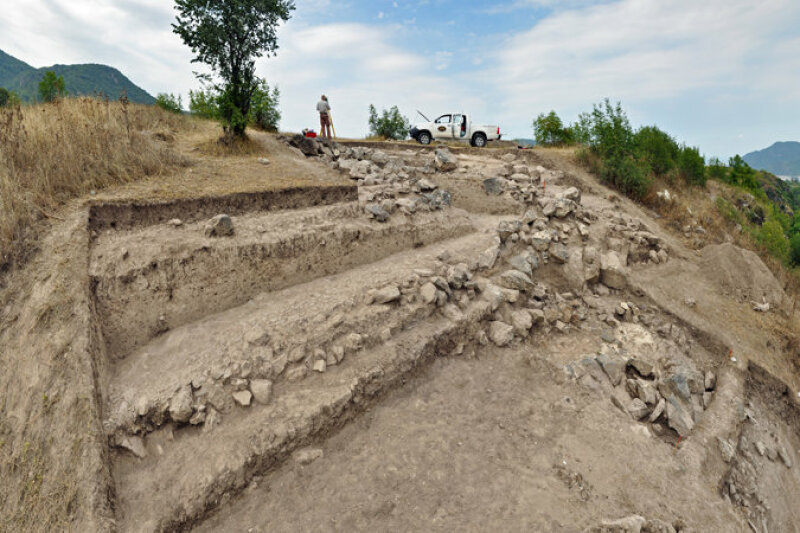
Pre- and Protohistory
Pre- and Protohistory deals with the cultural history of mankind from its first appearance in the Stone Age to the Early Middle Ages. The interplay between humans and environment as well as the utilisation of raw materials is a central topic of research in Bochum with research projects in Germany, Europe, the Mediterranean, the Near East and Eurasia.
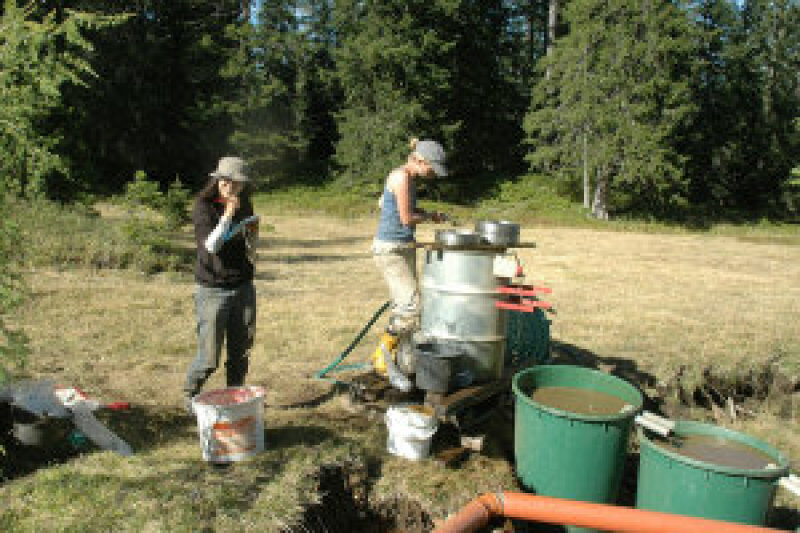
Archaeometry
Archaeometry is part of archaeological research and deals with the analysis of inorganic and organic substances from finds from all eras and archaeological disciplines. Archaeometry incorporates interdisciplinary methods from the biosciences, chemistry, physics, geosciences and materials science and places their results in an archaeological context.
The Institute offers Bachelor's and Master's degree programmes that build on each other. All degree programmes can be studied in both single and dual-subject model. The exact provisions can be found in the respective study regulations.
Student advisory services are available from both staff and students.
